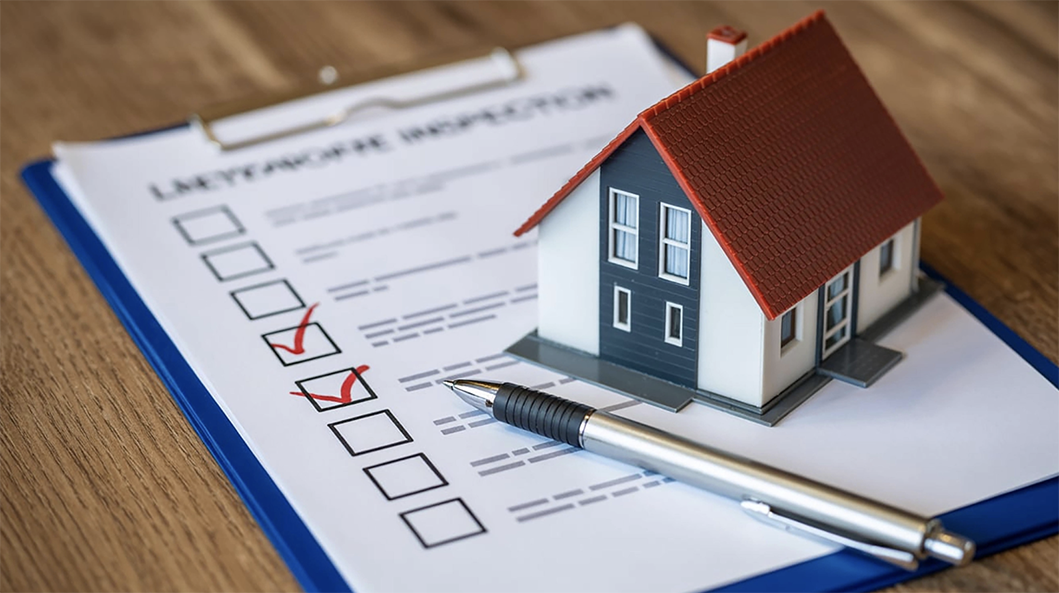Code Enforcement Services
Quick-Links: Private Property Services I Progressive Enforcement Process I Compliance Actions I Appeals I Property Registration & Improvement Programs I Other Programs, Forms, and Resources
The mission of Code Enforcement Services is to help create safe and healthy living and working spaces while improving the quality of life for all people in Oakland. We aim to run a fair and unbiased program to address violations of Oakland city codes, rules, property maintenance, and land use regulations.

Areas Of Focus
- Blight: trash, debris, graffiti, overgrown vegetation, waste bins out in public view
- Housing/ Facility Maintenance: structural, electrical, heating, plumbing, mold, tenant complaints, private property construction without permits
- Noise Complaints: persistence construction noise, heating & air conditioning, industrial equipment, music
- Zoning: unpermitted business or activity in a residential neighborhood, excessive signage, gas- powered lawn equipment usage, unpermitted fencing over 6ft, barbed wire
City of Oakland Private Property Services
Other City / County Services
Progressive Enforcement Process
Code Enforcement Services follows a step-by-step process to handle complaints. Property owners are notified by mail through the U.S. Postal Service. Please note: All notices include 5 mailing days plus additional business days (Monday - Friday), depending on the type of notice (e.g., 5 days mailing + 30-day notice).
Violation Notices
Each Notice of Violation will have re-inspections until the violations are abated. During that time, the following notices and procedures may occur depending on the nature and severity of the violation.
Courtesy Notices
When a minor property violation is first reported, we send a Courtesy Notice. No inspection is done at this state. The property owner has 21 days to respond by sending back a Property Owner Certification form with photos showing that the violations are either incorrect or fixed.
Stop Work Order
A Stop Work Order is issued when a project is found to be working without permits, going beyond the approved work, or not keeping the site safe as required per "Best Management Practices" or is out of compliance with Planning Conditions of Approval Penalties will depend on the seriousness of the violation. For more details, visit: Stop Work Order Procedures
Violation Notices
When a Building Inspector confirms a violation, a Notice of Violation is issued that lists the violations and what needs to be fixed.
Notice of Violation - Graffiti: Graffiti for confirmed graffiti on the property.
Notice of Violation - Garbage/Recycling Receptacles: Garbage / recycling / green waste containers are left out in public view.
Notice of Repeat Violation: If the same violation occurs again within 24 months, the property owner will be charged a fee and given 10 days to fix the problem.
Compliance Actions
Order to Abate - Habitability
Notice that sets deadlines for permits and inspections for unabated violations, with fees being assessed for non-compliance.
Substandard Public Nuisance
If there are dangerous conditions on the property, such as landslides, or serious electrical, plumbing, or structural damage, the City may declare the property a Substandard Public Nuisance.
Imminent Hazard
When a property has life-threatening conditions that pose a risk to tenants, owners, or the community, the City may take immediate action.
Emergency Nuisance Abatement Program- For Contractors Only
If the owner does not fix blight violations, the City may hire contractors to clean the property, and the property owner will be billed.
Visit the Emergency Nuisance Abatement Program page for more information.
Waiver of Time
This agreement permits the City to clean up or secure blighted properties, with the owner agreeing to cover the cleanup costs.
Compliance Plan
An agreement between the property owner and the City to fix violations, pay fees, and follow a set timeline
Inspection Warrant
If If the City needs access to private property for an inspection, the City may request a judge to sign an order to allow the City to enter the property and ensure compliance with regulations.
Extension to Comply
If you need more time to comply with a violation, you may apply for a Code Enforcement Compliance Extension Request.
Appeals
 Violation Appeal
Violation AppealProperty owners who receive a Notice of Violation can fill out a Violation Appeal form to challenge the City's allegations at a hearing with an independent officer.
Administrative Appeal
If a property owner doesn't correct a violation and misses the Violation Appeal deadline, they may still appeal certain notices, such as an Order to Abate or Substandard Public Nuisance.
Billing Appeal
To appeal fees and liens at a hearing with an independent hearing officer. (Billing Appeal Form(PDF, 279KB))
Related Forms
Registration & Penalty Appeal(PDF, 256KB)
Property Owner Certification(PDF, 220KB)
Note: For any questions on appeal forms, please contact the Cashier's Office or email
bopb-ceappealhearings@oaklandca.gov.
Property Registration & Improvement Programs
Banks and lenders must maintain properties during foreclosure. The property must be kept clean and secure, and it should display management contact information. If not registered within 30 days of foreclosure, citations may be issued.
New owners of foreclosed properties of up to 4 residential units must register and have the property inspected by the City. The inspector will check if the property meets local building codes or needs work. Properties must meet the following requirements to qualify for registration.
If the owner does not fix blight violations, the City may hire contractors to clean the property, and the property owner will be billed.
The program is to provide for owner-paid relocation payments and assistance to residential tenants who are displaced due to compliance with building, housing, and fire codes.
Safety & Housing Improvement Programs
Codes & Ordinances
Procedures & Forms
Brochures
Property Owner Resources